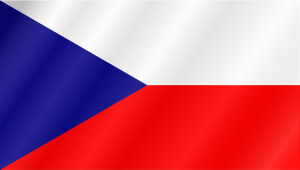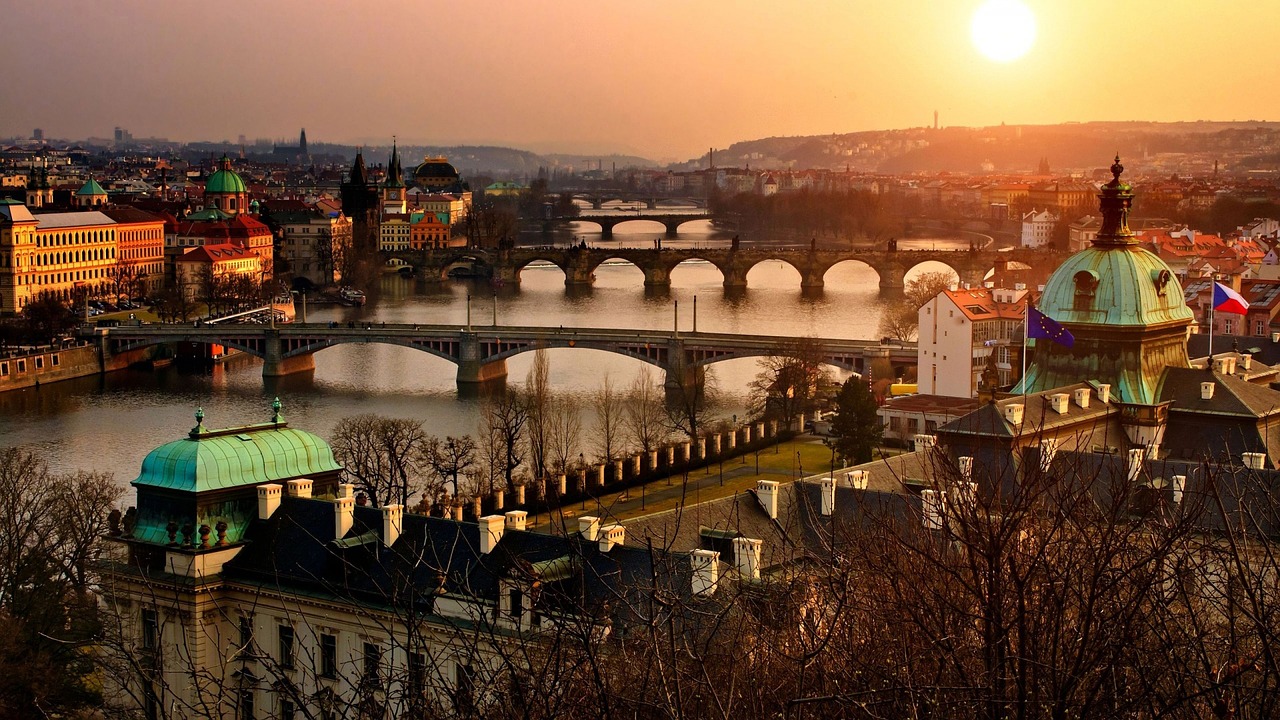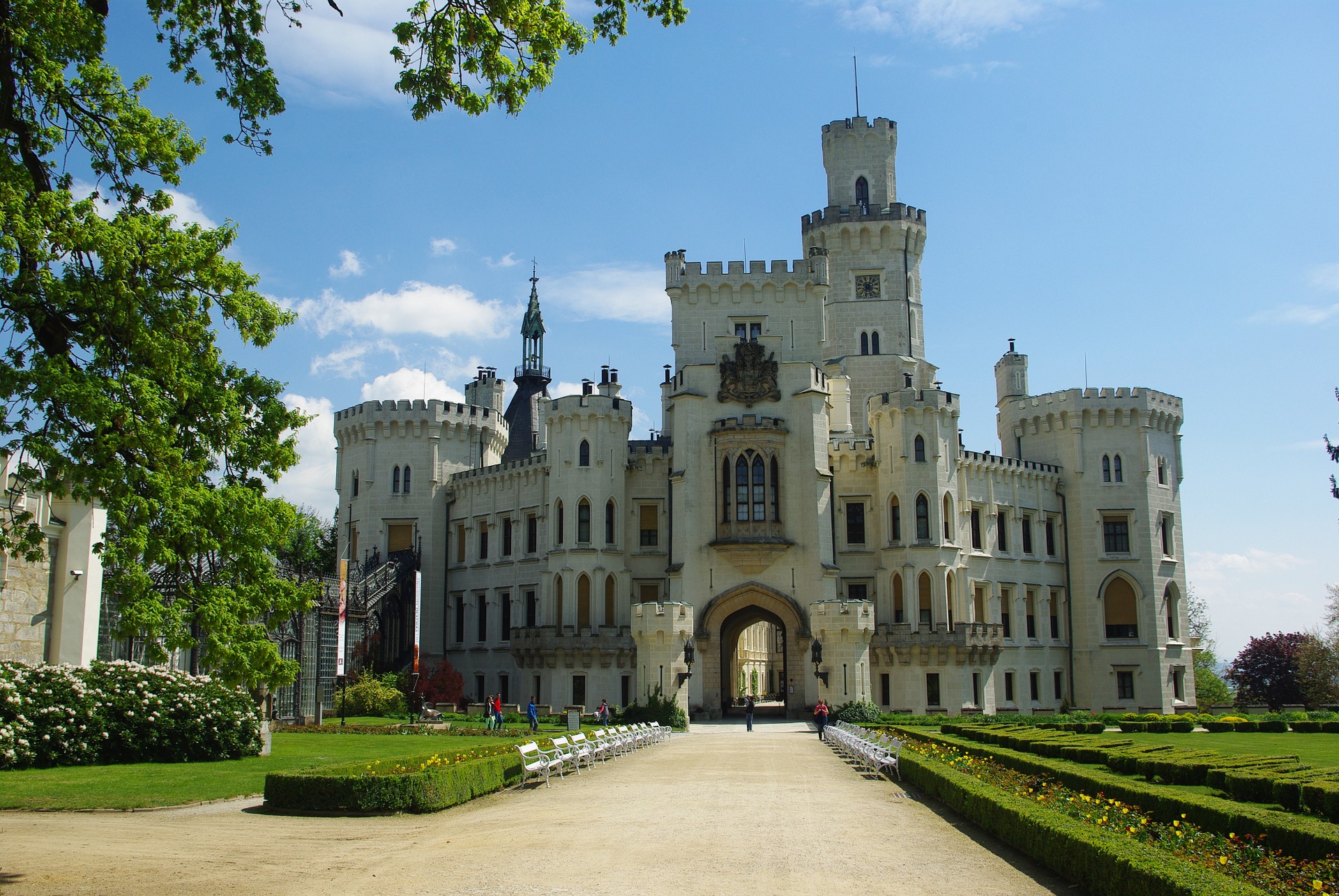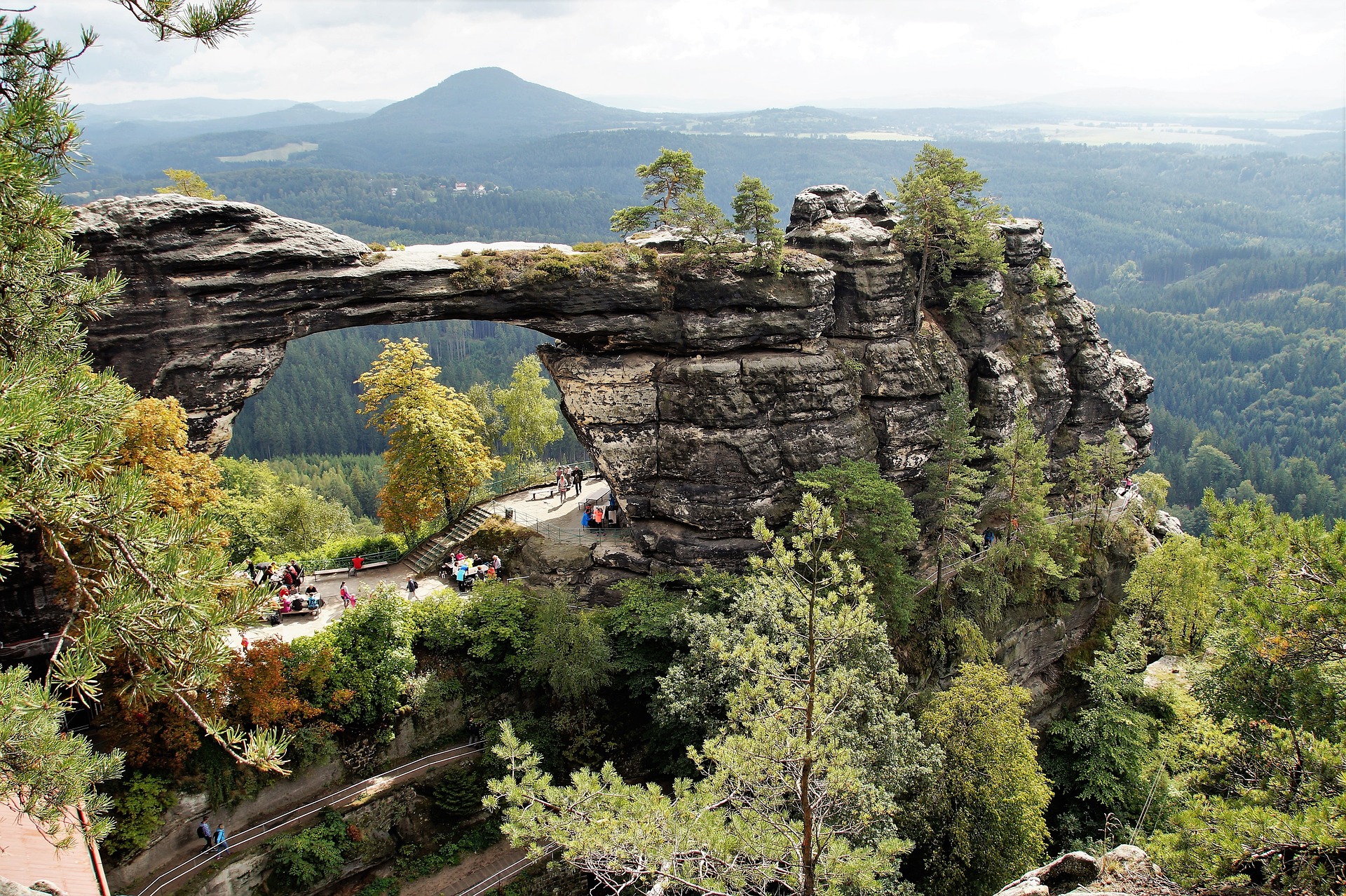About
The Czech Republic |
 |
| Capital city | Prague (Praha) |
| Official language | Czech |
| President | Miloš Zeman |
| Population | 10,7 mil. |
| Total area | 78,871 km² |
The Czech Republic is a rather small but charming country situated in the very heart of Europe. Since medieval times it has been a crossroad of intellectual, artistic and culinary influences but also a centre of conflicts.
After long isolation caused by the communist regime, Czechs are becoming varied ethnically, nationally and culturally, proving the growing globalization tendencies. This is also reflected in its cuisine. Locals enjoy both the traditional goulash and the new hip Vietnamese “Pho” soup. Still, the most traditional meeting spot remains to be a pub where you can have a glass of some of the best and most famous beer in the world.
Despite the small land area, the Czech landscape is highly diverse - from mountains creating natural borders in all directions to the fertile scenic lowlands in South Moravia. The Czech Republic has a moderate continental climate, with warm summers and cold and snowy winters. The temperature between seasons differs highly due to the landlocked geographical position.
The official language is Czech. It is very similar to Slovak and Polish. They all belong to the group of West Slavic languages. Czech is a particularly difficult language to learn, since the endings of words change due to many different grammar rules.
Bohemia, the official name of the region, derives from the Celtic tribe Boii; who were the first inhabitants of the place we now call Bohemia. There is also definite evidence that the area was once occupied by the Slavs in the 6th century A.D. The long and rich history of Bohemia and Moravia can be traced through Samo´s Empire, the Great Moravia, the reign of the Premysl´s, the Luxemburg and Habsburg dynasties, the Catholic expansion leading to the Thirty Year’s War. The decline of the Austro-Hungarian Empire led to the birth of the Czechoslovakia. After surviving the German occupation during the Second World War and forty years of communism, the totalitarian regime symbolically ended in one day - by Velvet Revolution in November 1989. After years of being persecuted, the writer and philosopher Vaclav Havel became president with a democratic vision. The Czech Republic and Slovakia have parted ways peacefully on January 1, 1993. As one of many historical paradoxes, the process of convergence with the European Community started soon after and culminated in joining the European Union on May 1, 2004.
Many Czech personalities have become famous throughout the world - Holy Roman Emperor Charles IV, has played a significant role in European history. Masterpieces of composers Bedrich Smetana, Antonin Dvorak and Leos Janacek are still played worldwide. Novels written by the mysterious Franz Kafka and innovative Karel Capek are timeless. Voice of opera singer Emma Destinn is still impressive. The Czech Republic is also a producer of globally famous athletes such as football player Petr Cech, ice hockey star Jaromir Jagr and Wimbledon winner Petra Kvitova along with Olympic medalist speed skater Martina Sablikova.
Praha
Hluboká nad Vltavou
Pravčická brána - Národní park České Švýcarsko



